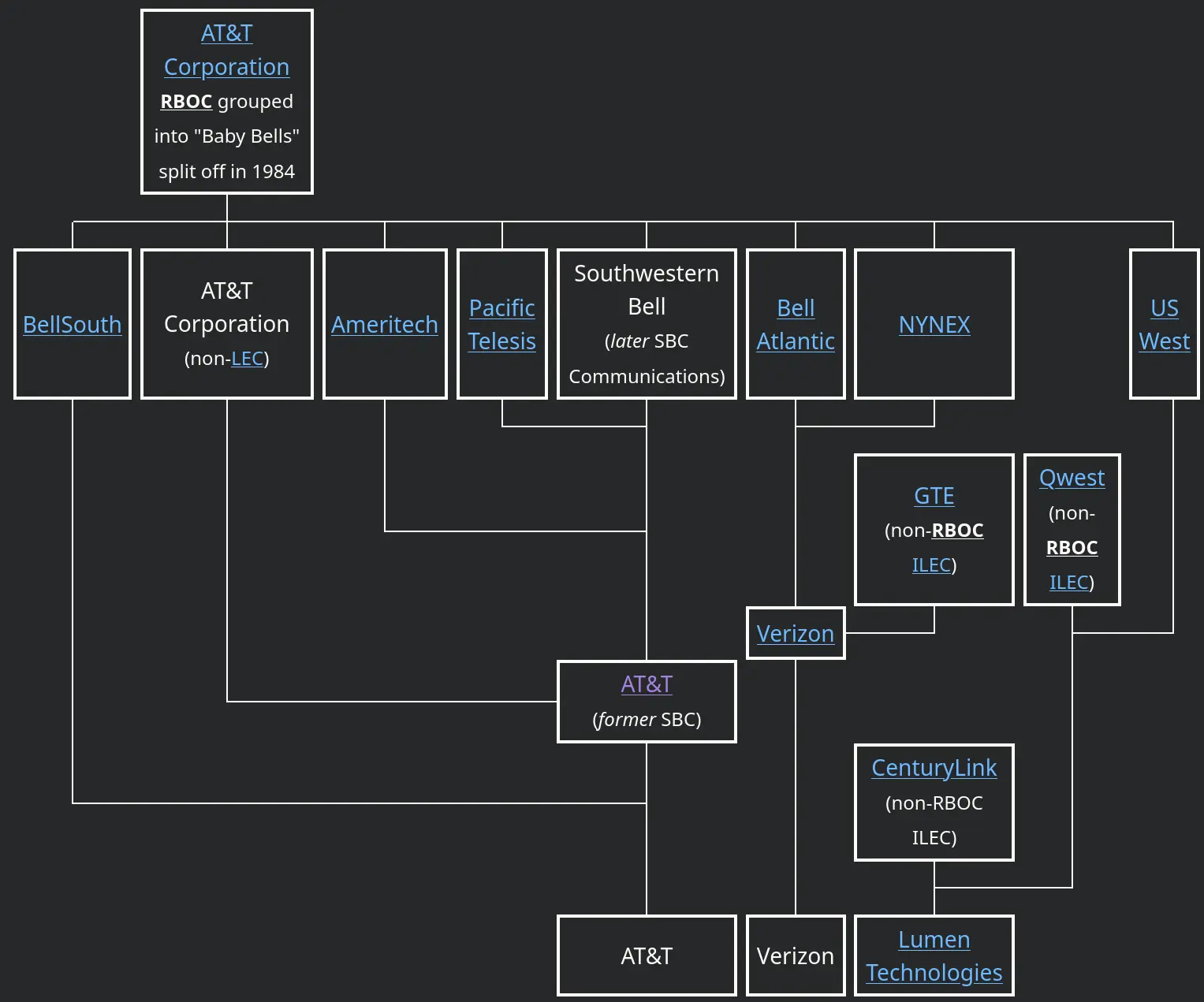Based on my cheatsheet, GNU Coreutils, sed, awk, ImageMagick, exiftool, jdupes, rsync, jq, par2, parallel, tar and xz utils are examples of commands that I frequently use but whose developers I don't believe receive any significant cashflow despite the huge benefit they provide to software developers. The last one was basically taken over in by a nation-state hacking team until the subtle backdoor for OpenSSH was found in 2024-03 by some Microsoft guy not doing his assigned job.
baltakatei
In fact, electric vehicles have been common once before. In the early years of the twentieth century, there were three fundamentally different automobile technologies battling for supremacy, and electric cars held their own against competition from steam-and gasoline-powered alternatives, as they are mechanically much simpler and more reliable, as well as quiet and smokeless. In Chicago they even dominated the automobile market. At the peak of production of electric vehicles in 1912, 30,000 glided silently along the streets of the USA, and another 4,000 throughout Europe; in 1918 a fifth of Berlin’s motor taxis were electric.
The drawback of electric cars with their own onboard batteries (rather than trains or trolleys taking a continuous feed from a power line over the track) is that even a large, heavy set cannot store a great deal of energy, and once depleted the battery takes a long time to recharge. The maximum range of these early electric vehicles was around a hundred miles, (Ironically, about 100 miles is still the maximum range for modern electric cars: technological improvements in battery storage and electric motors have been perfectly offset by an increase in car size and weight, and drivers of electric vehicles suffer from “charge anxiety.”) but this is farther than a horse and in an urban setting is more than adequate. The solution is, rather than waiting for the battery to be recharged, you can simply pull into a station for a quick battery pack exchange: Manhattan successfully operated a fleet of electric cabs in 1900, with a central station that rapidly swapped depleted batteries for a fresh tray.
From The Knowledge (2014) by Lewis Dartnell, chapter 9 “Transport”. Cited works for the history of electric cars are:
- Crump, Thomas. 2001. A Brief History of Science: As Seen through the Development of Scientific Instruments. London: Constable & Robinson.
- Edgerton, David. 2007. The Shock of the Old: Technology and Global History Since 1900. New York: Oxford University Press.
- Brooks, Michael. 2009. “Electric Cars: Juiced Up and Ready to Go.” New Scientist, July 20: 42–45
- De Decker, Kris. 2010. “The Status Quo of Electric Cars: Better Batteries, Same Range.” Lowtech Magazine, May 3.
- Madrigal, Alexis. 2011. Powering the Dream: The History and Promise of Green Technology. Cambridge, MA: Da Capo Press.
We could probably spin it around and give a tiny tax break for those who vote.
Now you’re talking!
Make tax refunds and all tax write-offs contingent on proving you voted. >:D
I agree, but Earth's solarpunk phase doesn't start for another few millennia. We're still in the era where factory farms still exist.
Reminds me of a quote from Galactic North (2006) green marking the start of a galaxy-wide disaster (terraforming bots making the galaxy terrifically habitable).
It was impossible for stars to shine green, any more than an ingot of metal could become greenhot if it was raised to a certain temperature. Instead, something was veiling them -- staining their light, like coloured glass. Whatever it was stole energy from the stellar spectra at the frequencies of chlorophyll. Stars were shining through curtains of vegetation, like lanterns in a forest. The greenfly machines were turning the Galaxy into a jungle.
Wow, satellite photography sure has improved since 1965.
- Map key (and split map copy): “Back Matter” PDF (19 MB) from the map + article at geoscienceworld.org
- Text explanation in article without map at USGS.gov (see page 7 of 28)
Unfortunately, I cannot find a non-rasterized digital version even though the original clearly was a digitally typeset document.
Banks will use progressively less energy per capita as bulk data processing becomes more energy efficient, assuming they donʼt transition to using proof-of-work.
Ultimately, mining should be banned from the surface of Earth. Let miners build orbital solar panel infrastructure close to the Sun where power is plentiful. See Bitcoin developer Peter Todd's 2017-09-10 presentation on the subject (transcript).
Edit: Fixed URL. Edit2; Add transcript link.
I too remember how AT&T was broken up only for most of its Baby Bells to remerge back into Ma Bell.
To prevent this for future breakups, I say the content and services sold by big tech should be made competitively compatible and interoperable via nullification of DRM laws; people buy music and movies and cloud storage; let them legally move their purchases to any competitor and big tech companies will break up naturally as local competitors emerge from people who dislike big tech for their own reasons. Monopolies cannot be trusted to lower prices for content and services. Legally nullifying DRM is like the FCC telling customers in 1968 that it was finally okay to ignore the “Bell equipment only” legal warning that had kept them locked into leasing their telephone sets for usurious amounts from AT&T for decades. A few years later, in 1982, AT&T was broken up. AT&T is almost a total monopoly again, but phones remain interoperable.